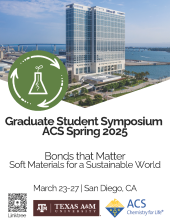High Entropy Alloys Against Extreme Conditions for Aerospace Materials
The external components of spacecraft and satellites endure extreme environmental conditions, including ultra-vacuum, UV radiation, temperature fluctuations, and atomic oxygen, leading to material degradation over time. Among the most vulnerable parts are the solar panels and their supporting base structures, which lack the protection of multi-layer insulation. This research aims to enhance the resilience of these components through innovative material solutions, contributing to sustainability by addressing space debris and minimizing the depletion of critical Earth resources.

